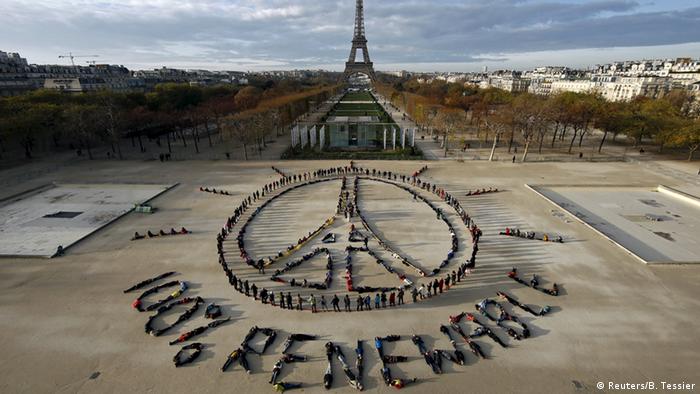 European Union environment ministers are discussing implementation of the Paris Agreement on Friday (04.03.) A timely transition out of fossil fuels is doable, says Alexander Ochs from Worldwatch. That is, if we act now.
European Union environment ministers are discussing implementation of the Paris Agreement on Friday (04.03.) A timely transition out of fossil fuels is doable, says Alexander Ochs from Worldwatch. That is, if we act now.

Can we switch from fossil fuels to renewables in time to keep temperature rise to 2, ideally 1.5 degrees Celsius?
Not only can we do a transition to truly sustainable systems – financially, economically, socially and environmentally sustainable – we are in the midst of it. There is no one global trend in that direction, but there are many places, municipalities, provinces, whole countries, regions that are transitioning away from fossil fuels toward renewable ways of producing energy, and smarter ways of consuming energy. So it is absolutely doable.
Can you name some examples?
Germany has managed over the last two decades to transition away from fossil fuels. We have seen enormous growth rates of renewable electricity production. Or take Denmark, which has always been seen as a renewable energy champion. But it’s not a trend restricted any more to developed countries.
Look at Costa Rica, look at many places on all continents – you find very dramatic examples, transitions away from fossil fuel energy toward sustainable energy sources – not always at the level of nations, but often sub-federal levels like communities or provinces. We have a lot of really great examples now, best practice examples. We really have to learn from experience and share that experience internationally.


